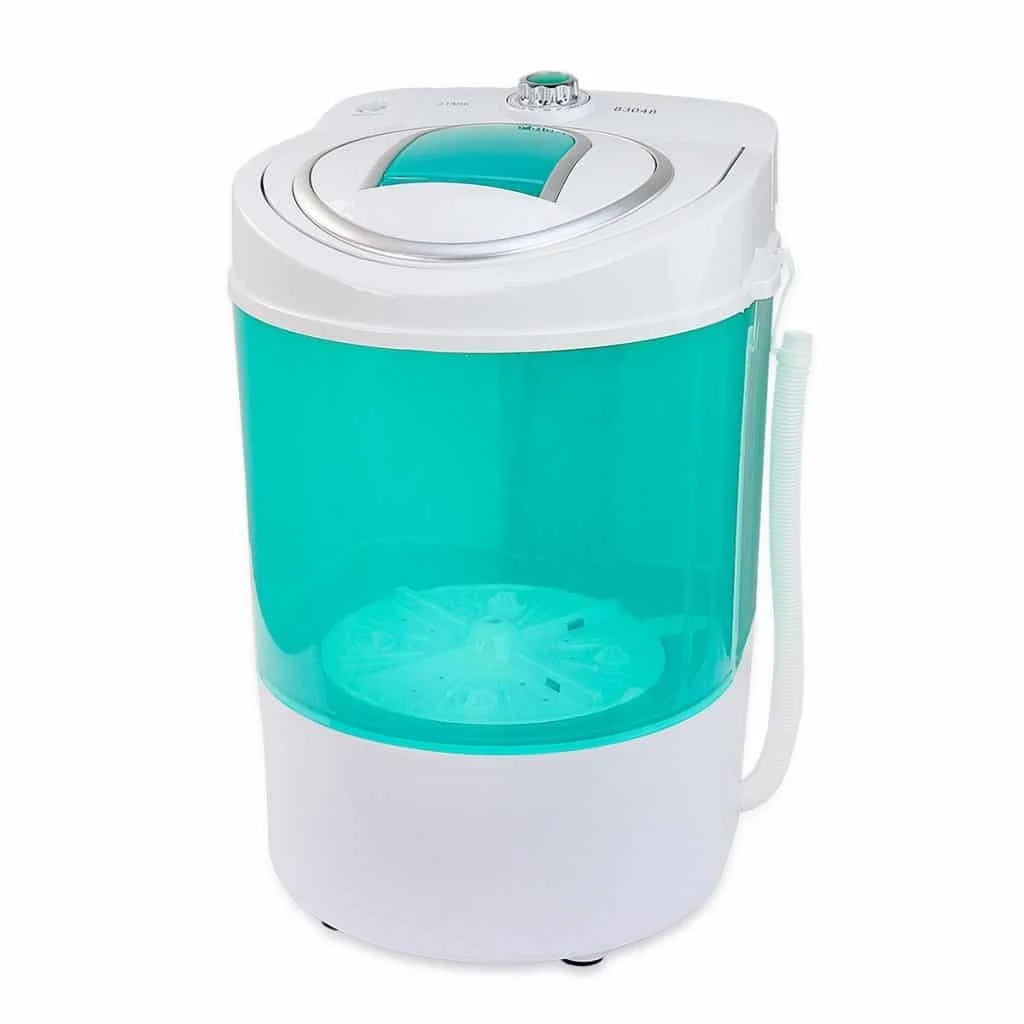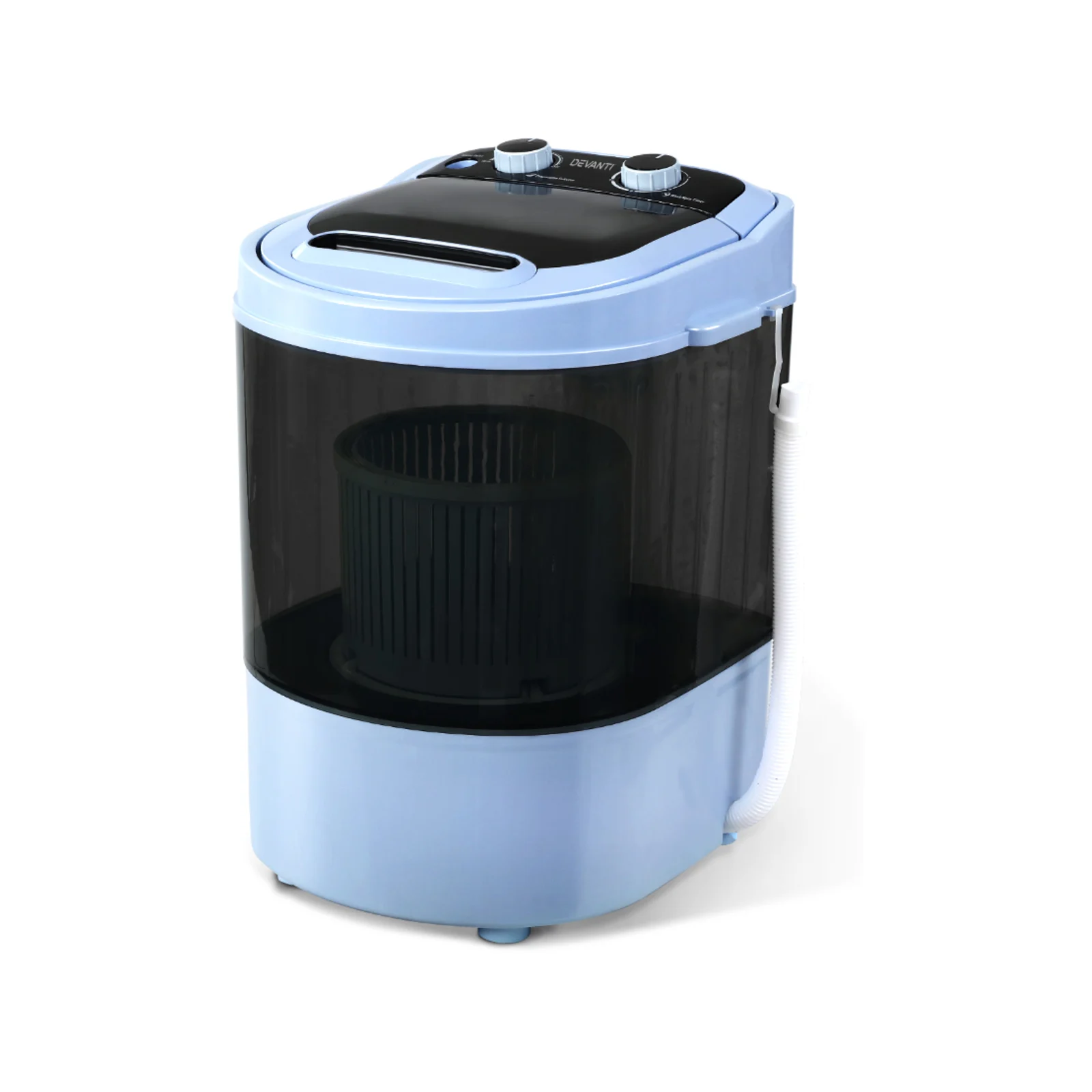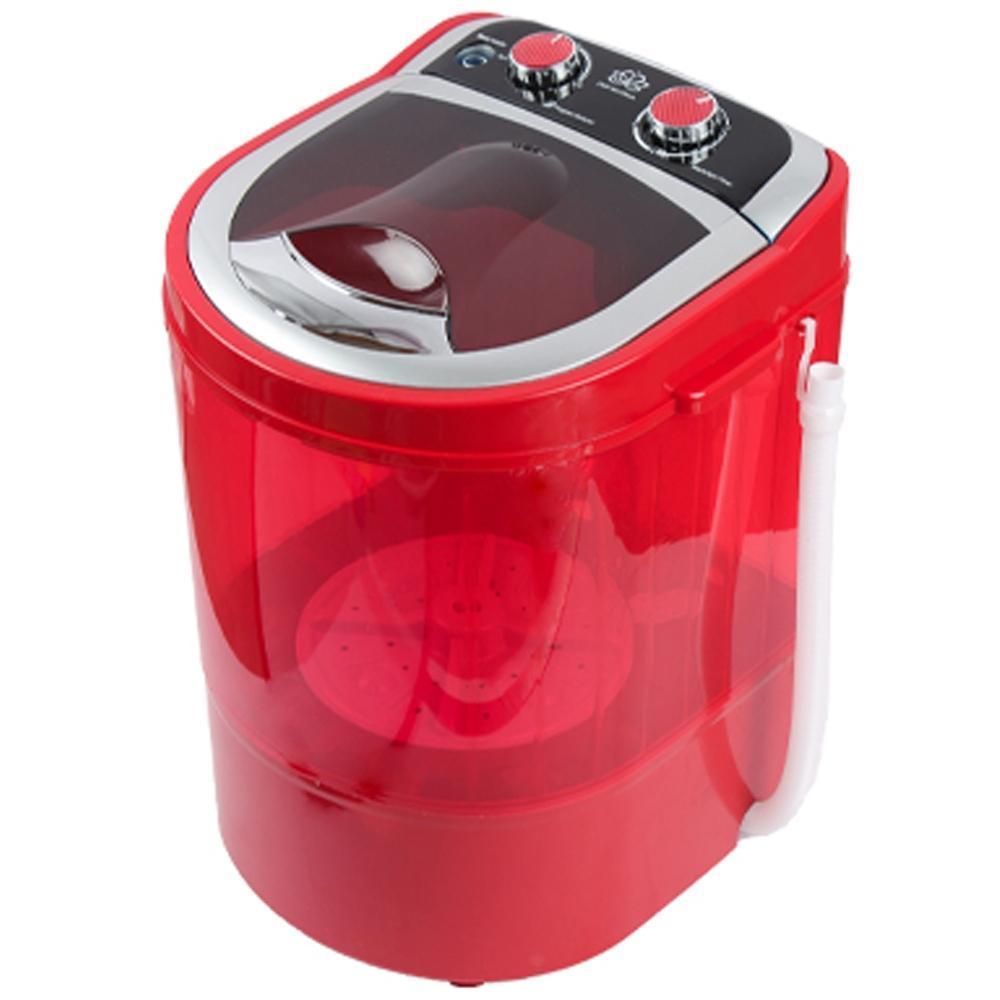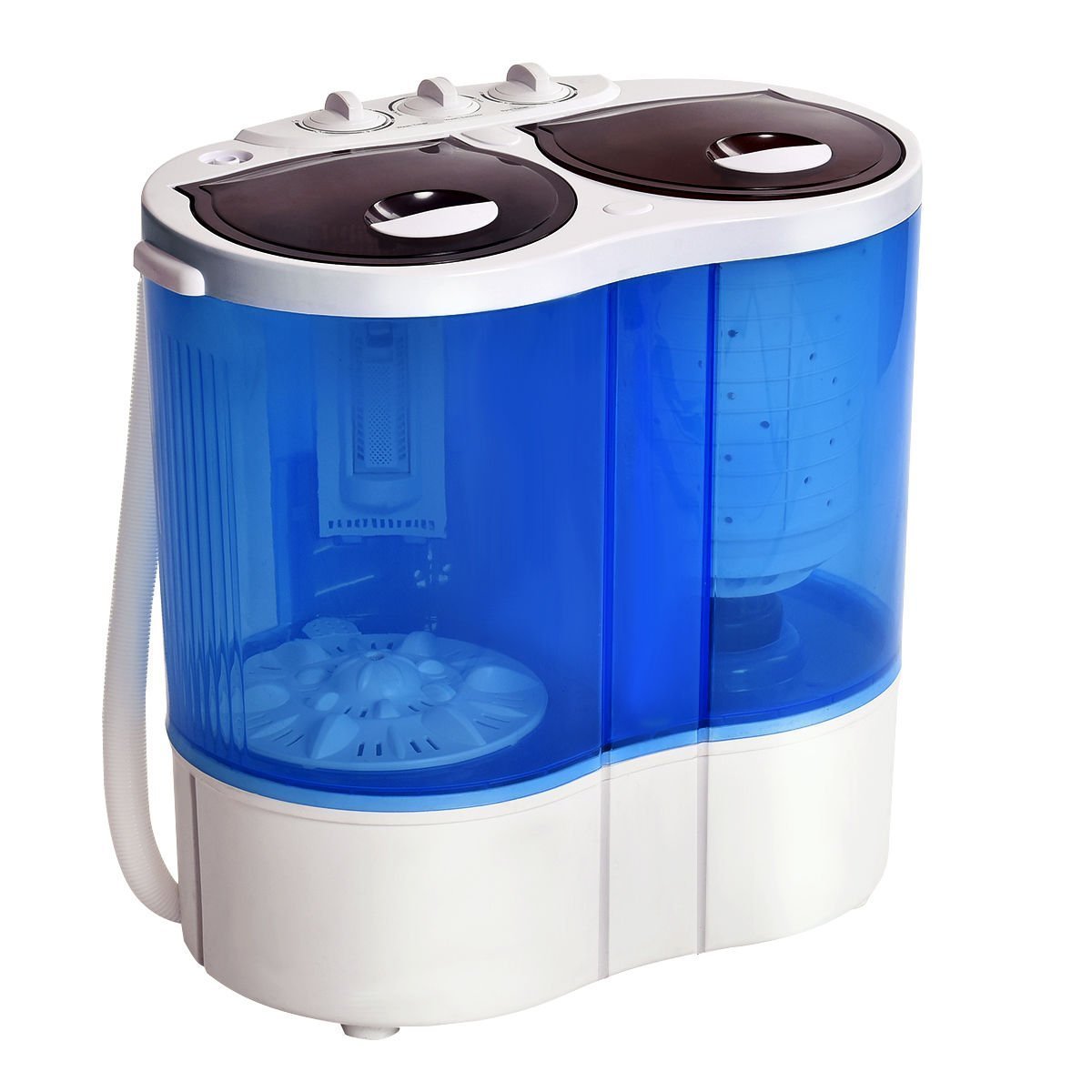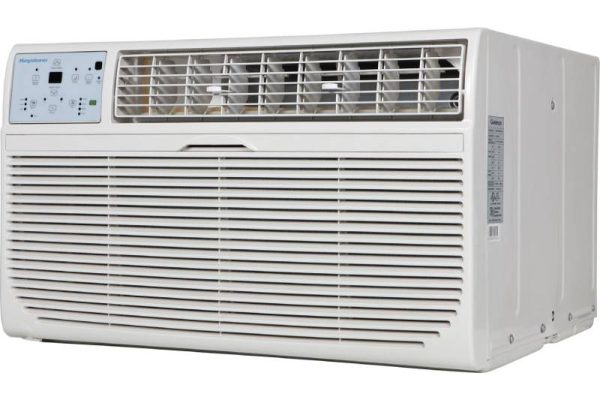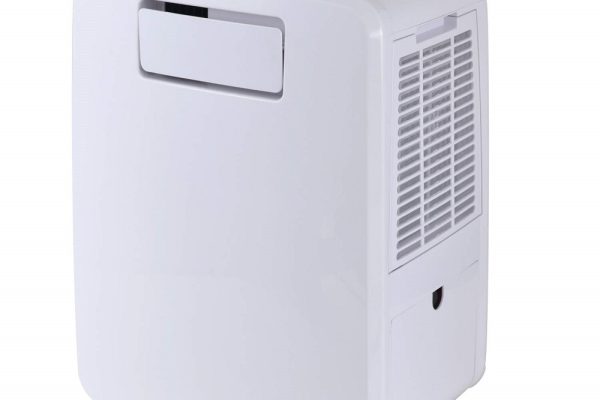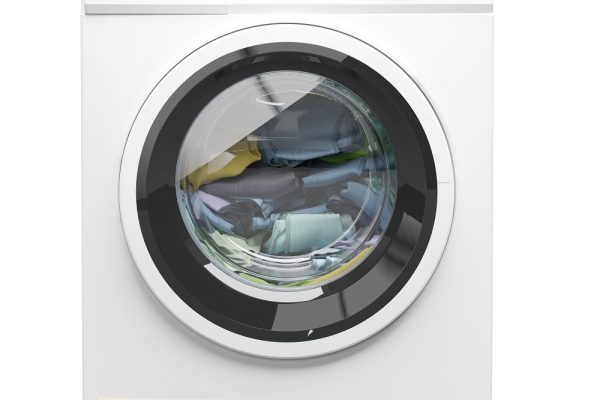In today’s fast-paced world, finding efficient and space-saving solutions for household chores is essential. One product that has gained significant popularity is the mini washing machine. Perfect for small apartments, dorm rooms, or households with limited space, a mini washing machine offers a practical alternative to traditional, bulky laundry machines. This article delves into the benefits, features, and considerations of choosing a mini washing machine, ensuring you make an informed decision for your laundry needs.
Key Features to Look for
Capacity and Load Size
When selecting a mini washing machine, it’s crucial to consider the load size it can handle. Most mini models offer capacities ranging from 2 to 4 kilograms, suitable for small households or individuals. Assess your laundry needs to determine the appropriate capacity. For instance, if you frequently wash bulky items like blankets or towels, opting for a machine with a slightly larger capacity might be beneficial.
Washing Modes and Settings
Modern mini washing machines come equipped with various washing modes and settings to cater to different fabric types and cleaning requirements. Look for features such as delicate cycles for sensitive garments, quick wash options for lightly soiled clothes, and rinse cycles to ensure thorough cleaning. Adjustable water levels and spin speeds can further enhance the versatility of the machine, allowing you to customize each wash according to your specific needs.
Ease of Use and Maintenance
User-friendly controls and intuitive interfaces are essential for a seamless laundry experience. Digital displays, simple button layouts, and clear indicators can make operating the machine straightforward, even for those unfamiliar with washing machine functionality. Additionally, consider models that are easy to maintain, with accessible parts for cleaning and minimal risk of mold or mildew buildup. Removable lint filters and smooth drum interiors can simplify maintenance tasks, ensuring your mini washing machine remains in optimal condition.
Benefits of Owning a Mini Washing Machine
Cost-Effective Solution
Investing in a mini washing machine can lead to substantial savings over time. The reduced water and energy consumption translate to lower utility bills, while the initial purchase cost is generally more affordable compared to standard washing machines. Additionally, mini washing machines often require less maintenance and repair, further contributing to long-term cost efficiency.
Time-Saving Convenience
With a mini washing machine, laundry becomes a quicker and more manageable task. The smaller load size allows for faster wash cycles, enabling you to complete multiple loads in a shorter period. This efficiency is particularly advantageous for busy individuals who need to manage their time effectively. Moreover, the portability of mini machines means you can take them to different locations as needed, ensuring your laundry routine remains uninterrupted regardless of your living situation.
Enhanced Control Over Laundry
Using a mini washing machine grants you greater control over your laundry process. You can wash specific items on demand without waiting to accumulate a large load, which prevents clothes from sitting damp for extended periods. This immediate washing capability is ideal for delicate fabrics that require gentle handling or for quickly refreshing garments between wears. The ability to manage smaller loads also minimizes wear and tear on your clothes, prolonging their lifespan.
Factors to Consider Before Purchasing
Power Supply and Electrical Requirements
Before purchasing a mini washing machine, verify that your home’s power supply can accommodate the appliance. Most mini machines operate on standard electrical outlets, but it’s essential to check the voltage and amperage requirements to ensure safe and efficient operation. Additionally, consider the placement of the machine in relation to available outlets to avoid the need for extensions, which can pose safety hazards.
Noise Levels
Noise can be a significant factor, especially in small living spaces where the washing machine is located near bedrooms or common areas. Look for models that are designed to operate quietly, utilizing noise-reducing technologies and vibration control mechanisms. Reading user reviews and checking product specifications can provide insights into the noise levels of different mini washing machines, helping you choose a model that aligns with your comfort preferences.
Durability and Build Quality
Investing in a durable mini washing machine ensures longevity and dependable performance. Examine the build quality, materials used, and overall construction of the machine. Stainless steel drums, sturdy frames, and high-quality components contribute to the machine’s resilience and ability to withstand regular use. Additionally, consider the warranty and customer support offered by the manufacturer, as these factors can provide peace of mind and protection against potential defects or issues.
How to Optimize the Use of Your Mini Washing Machine
Sorting and Preparing Laundry
To maximize the efficiency and lifespan of your mini washing machine, proper sorting and preparation of laundry are essential. Separate clothes by color, fabric type, and washing requirements to prevent damage and ensure thorough cleaning. Pre-treat stains and fasten any buttons or zippers to avoid snagging or tearing fabrics during the wash cycle. Taking these preparatory steps can enhance the effectiveness of each wash and minimize the need for re-washing.
Using the Right Detergent
Choosing the appropriate detergent is crucial for achieving optimal cleaning results. Opt for high-efficiency (HE) detergents specifically designed for smaller machines, as they produce fewer suds and are formulated to work effectively with limited water volumes. Using too much detergent can lead to excessive foam, which may hinder the washing process and leave residue on your clothes. Follow the manufacturer’s guidelines for detergent dosage to ensure the best performance.
Regular Maintenance and Cleaning
Maintaining your mini washing machine is vital for ensuring consistent performance and extending its lifespan. Regularly clean the drum, filters, and seals to prevent the buildup of dirt, detergent residue, and mildew. Run a maintenance cycle using vinegar or a specialized washing machine cleaner to eliminate odors and sanitize the machine. Additionally, inspect hoses and connections periodically for signs of wear or leaks, addressing any issues promptly to avoid more significant problems.
Comparing Mini Washing Machines to Traditional Models
Size and Portability
The most evident difference between mini washing machines and traditional models is their size and portability. While standard machines are bulky and stationary, mini versions are designed to be compact and easily movable. This portability is advantageous for renters or individuals who anticipate moving locations frequently, as it eliminates the need for permanent installations and reduces the hassle of transporting a large appliance.
Performance and Capacity
Traditional washing machines generally offer higher load capacities and more robust performance, making them suitable for larger households with substantial laundry demands. Mini washing machines, on the other hand, cater to smaller loads and offer sufficient performance for individuals or couples. While they may not match the capacity of standard machines, the efficiency and speed of mini washers can compensate for their smaller size, providing adequate cleaning for everyday laundry tasks.
Cost and Energy Consumption
Mini washing machines tend to be more affordable upfront and consume less energy and water per cycle compared to traditional machines. This cost-effectiveness makes them an attractive option for budget-conscious consumers. However, for larger households with higher laundry needs, the cumulative cost of running multiple mini machines might outweigh the savings. It’s essential to evaluate your specific requirements to determine which type of washing machine offers the best value for your situation.
Top Features to Enhance Your Experience
Digital Controls and Smart Technology
Advancements in technology have led to the integration of digital controls and smart features in mini washing machines. Touchscreen interfaces, programmable settings, and smartphone connectivity allow for greater customization and convenience. With smart technology, you can monitor wash cycles remotely, receive notifications, and even troubleshoot issues through dedicated apps, enhancing the overall user experience.
Multiple Washing Programs
A wide range of washing programs caters to diverse laundry needs, making your mini washing machine more versatile. Features such as steam cleaning, eco-friendly cycles, and allergen removal can provide superior cleaning results tailored to specific requirements. Investing in a machine with multiple programs ensures that you have the flexibility to handle various fabrics and stains effectively.
Safety Features
Safety is paramount when operating any household appliance. Look for mini washing machines equipped with safety features such as child locks, overheat protection, and automatic shut-off functions. These features prevent accidents, protect your garments, and ensure the machine operates safely under different conditions.
Frequently Asked Questions
Can a Mini Washing Machine Handle Heavy Loads?
While mini washing machines are designed for smaller loads, they can handle moderately heavy items if not overloaded. It’s essential to adhere to the manufacturer’s guidelines regarding load capacity to ensure effective cleaning and prevent strain on the machine.
How Long Does a Wash Cycle Typically Take?
Wash cycle durations vary depending on the model and selected settings. On average, a standard cycle in a mini washing machine can take between 30 to 60 minutes. Quick wash options are available for lightly soiled clothes, significantly reducing cycle times.
Are Mini Washing Machines Suitable for All Types of Fabrics?
Yes, most mini washing machines offer multiple washing modes to accommodate various fabric types. Delicate cycles are available for sensitive materials, while heavier fabrics like denim or towels can be washed on sturdier settings to ensure thorough cleaning without damage.
Tips for Maximizing the Efficiency of Your Washing Machine
Load Appropriately
Avoid overloading your mini washing machine, as excessive weight can strain the motor and reduce cleaning efficiency. Distribute clothes evenly within the drum to maintain balance and ensure each garment receives adequate agitation during the wash cycle.
Use Cold Water When Possible
Using cold water not only conserves energy but also helps preserve the color and integrity of your clothes. Most mini washing machines effectively clean clothes with cold water, making it a practical choice for everyday laundry needs.
Regularly Calibrate the Machine
Periodically calibrate your mini washing machine to maintain optimal performance. Refer to the user manual for specific calibration instructions, ensuring that the machine operates accurately and efficiently.
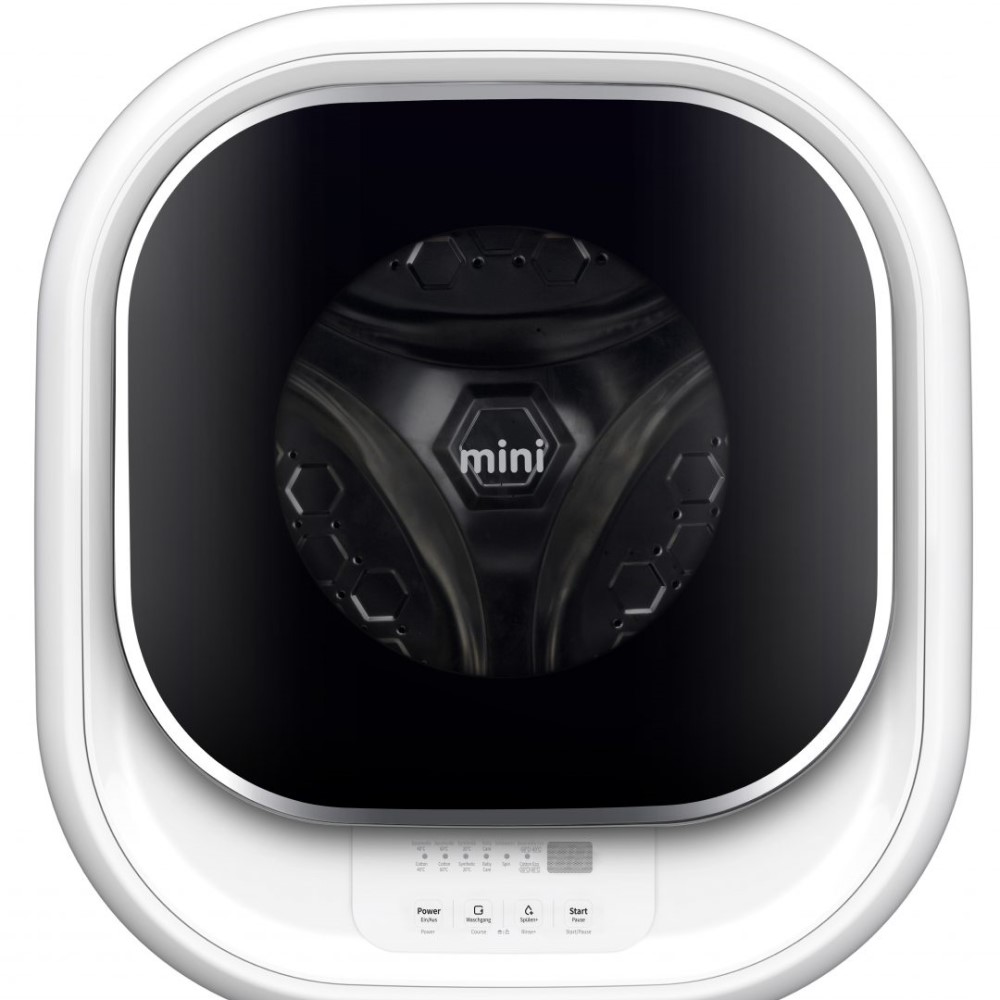 Conclusion
Conclusion
Incorporating a mini washing machine into your household can transform the way you approach laundry chores. Its compact design, energy efficiency, and portability make it an excellent choice for those with limited space or specific laundry needs. By understanding the features, benefits, and best practices associated with mini washing machines, you can enhance your laundry experience and enjoy the convenience they offer. Whether you’re a student, a busy professional, or part of a small family, a mini washing machine provides a tailored solution that aligns with your lifestyle and space constraints. Embrace the practicality and efficiency of a mini washing machine, and take a significant step towards a more organized and manageable home.
